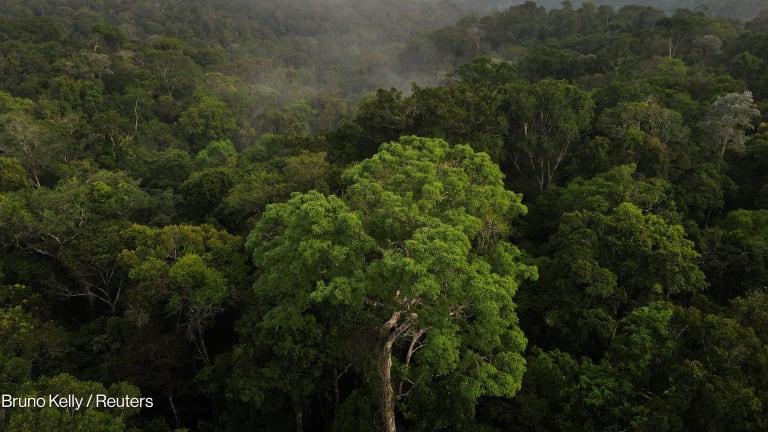
Brazil is fast emerging a big provider of aid to poor countries, but such phenomenon has wide implications to the development world, according to The Economist.
The Brazilian Cooperation Agency, or ABC, devotes 52 million reais (USD30 million) to advisory and scientific projects, the magazine notes. But research conducted by the U.K.-based Overseas Development Institute and Canada’s International Development Research Center shows that other Brazilian institutions spend 15 times higher than ABC to fund technical assistance projects.
Brazil contributes USD20 million to USD25 million annually to UNDP, but its real contribution amounts to USD100 million, the agency told The Economist. Brazil also provides USD300 million to the World Food Program and USD350 million to Haiti.
Since 2008, ABC’s spending has grown threefold.
Brazil’s emergence as a big aid provider has several consequences. Its aid to Africa presents a competition with China and India for soft power in influencing developing countries.
The commercial aspect behind Brazil’s current foreign aid stance includes the creation of a global market for ethanol, which could generate opportunities for Brazilian firms.
For the global aid industry, Brazil’s aid does not only offset the slowdown in aid from traditional donors. Unlike China, its non-Western-oriented aid conditions are less worrisome, The Economist argues.
Brazil focuses on social services and agriculture, while China primarily finances infrastructure projects.
According to Marco Farani, head of ABC, Brazil has a comparative advantage in HIV/AIDS treatment and conditional cash-transfer schemes. However, its dual status as an aid donor and recipient undermines the traditional system of donor-dictated, top-down aid, The Economist says.
Brazil looks ambivalent with its aid program, The Economist adds. Its high-poverty level in some areas renders giving money abroad controversial. The Brazilian law even forbids donating public money to other governments.
However, changes are slowly taking place. Dilma Rousseff, the presidential candidate from Brazilian President Luiz Inácio Lula da Silva’s party, is thinking of establishing a new development agency if she gets elected.
Farani also argued that Brazil needs more aid officials, with greater operational independence and a focus on policy aims.








